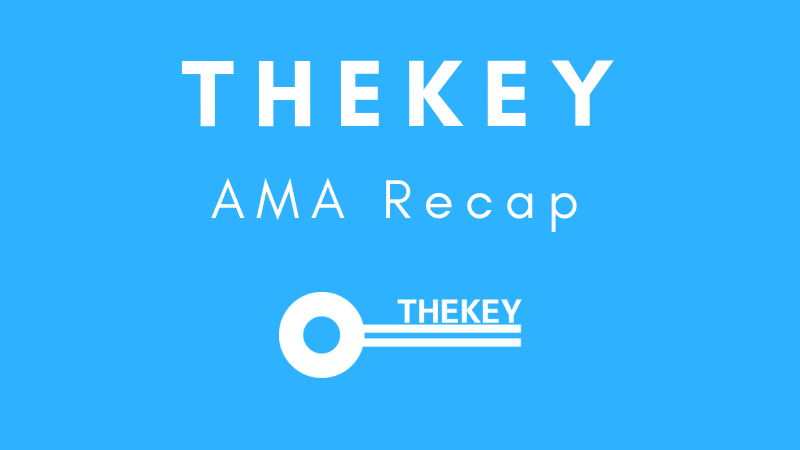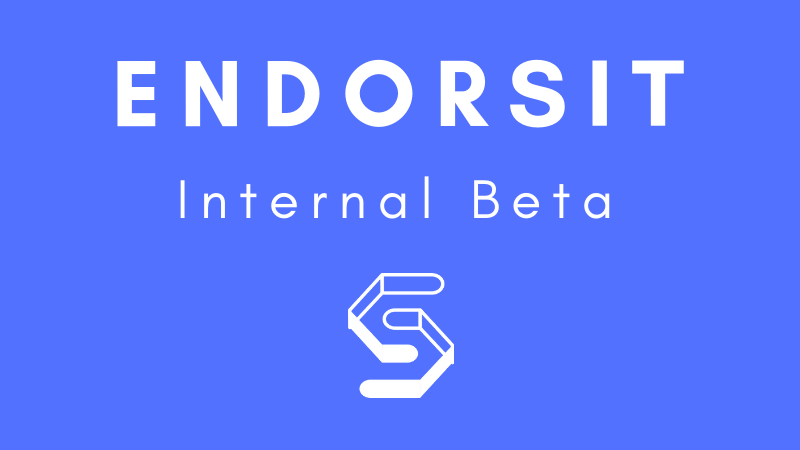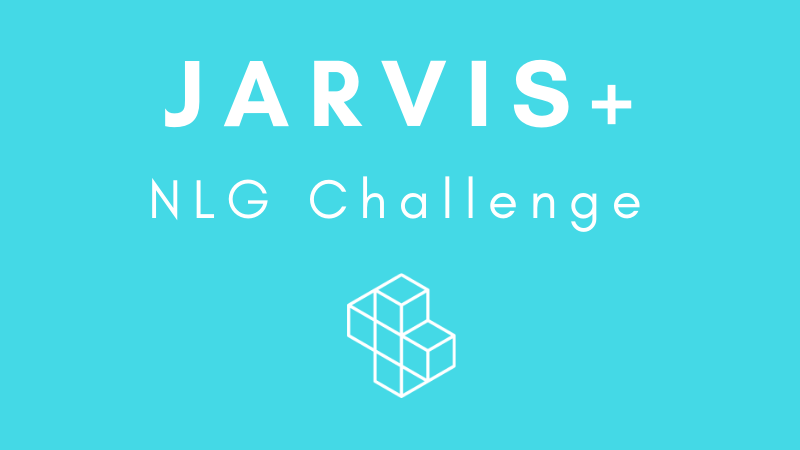
Identity verification project, THEKEY, has posted a recap of its AMA events that CEO Catherine Li held on Reddit on December 7th and in the “NEO*NEP5” Telegram Community on November 12th.
The most recent AMA was held against the backdrop of THEKEY’s Blockchain-based Dynamic Multi-Dimension Identification (BDMI) solution for its Identity Verification (IDV) MainNet launch at the beginning of the month.
In practice, the BDMI solution will be used as a bid for China’s first Virtual Social Security Card application as part of a medical insurance and big data platform. It was recently awarded the national “Technology Innovation Award of 2018 Chinese Government’s Information Product” at the The China International Big Data Industry Expo 2018.
Another application outlined in THEKEY’s MainNet progress report was to serve as the IDV solution for the Guizhou Pension Program, which will service 35.8 million people as a pilot initiative for disbursing pensions in Guizhou Provence, China.
One question asked during the AMA was how governments and individuals will benefit from using THEKEY’s pension service. In response, Li stated that the benefits of using its BDMI technology are “accurate disbursement, avoid risk of fund fraud, waste and abuse,” along with a “30% reduction in manpower saving.” On a wider scale for an estimated 400,000 public servants in Guizhou, the initiative is claimed to be capable of saving “4 million RMB in one month.”
The IDV service reportedly uses government data for verification, with “210 million people in 66 cities, authenticated by the relevant government authorities on a real-time basis.” More details of THEKEY’s verification process can be read under Appendix 2 of its MainNet technical report.
A question was also asked about the role of THEKEY’s token (TKY) in its ecosystem and how it will be used to facilitate transactions between public enterprises, such as hospitals, and insurance companies. Li noted that “TKY is the only method to settle smart contracts signed between the participants in THEKEY ecosystem.” As such, providers can choose to buy the tokens from exchanges or accept them in exchange for services. Li also claimed that public companies have an incentive to purchase TKYs in advance in order to cover the costs of IDV services, which in turn can significantly reduce the costs of insurance underwriting and claim settlement.
More general questions were asked about THEKEY’s scalability and how it intends to fully accommodate the Chinese market. The platform is currently using NEO for MVP purposes, and stated that it will start planning to build its own public chain “in the not-so-distant future.” Also, THEKEY will consider remitting with a government-backed RMB stablecoin if one comes to fruition for government contracts.
Li was asked for her views on database scalability and how it will be affected when its services are rolled out into the real world. Li then identified numerous weaknesses relating to its current consensus mechanism and how it may falter under a huge load of users, data, or specific security concerns. A solution to address these problems is reportedly being worked out as THEKEY continues to focus on tests for real-world deployment.
THEKEY’s role in China’s political climate towards blockchain and cryptocurrencies was also put into question. Li was optimistic in her outlook towards how the government will view them in future, stating that China is exploring its advantages for improving efficiency and lowering costs. Additionally, Li claimed that “we are currently in discussion with the Central Bank for a solution to enable Chinese citizens to participate in the ecosystem.”
Li was also unreserved in her optimism regarding THEKEY’s Guizhou Pilot program and its chances of being approved by the Chinese Government. Li noted that THEKEY was the only IDV service provider to attend the International Competitive Bidding event by the People’s Bank of China and Nanjing Municipal Government.
At the event, it’s claimed the platform was “highly praised” by the evaluation panel before being selected as the bid winner, ranking first among all candidates. The result will remain under a “publicity period” that will last until December 24th by the Jiang Su Tendering and Bidding Public Service Platform.
The implications of winning the and holding the bid were described with the following:
“If there’s no disputation during the publicity period, THEKEY will be officially awarded the contract and become the exclusive IDV service provider in the National Digital Assets Registration, Clearance and Settlement Center.”
The pilot program in Guizhou Province intends to establish a working system for IDV services for social insurance. The government will reportedly review the results of the pilot on June 30th, 2019, “and then BDMI will be deployed all over China” according to an excerpt in the report. This timeline was according to THEKEY’s roadmap published in its MainNet Progress Report.
Signing off, Li had this to say about the future of BDMI technology:
“In the future, BDMI technology will be applied in each and every aspect of our life. People will no longer need ID card, passport, keys, credit card, even mobile phone for making payments, opening bank accounts, applying for loans, receiving pensions, and paying medical bills.”







About The Author: Matthew North
Matthew North is a freelance writer and journalist who resides in East Asia. He spends his time writing and learning about financial technologies like the Blockchain and digital currencies. You can follow him on twitter @fintech_matthew.
More posts by Matthew North